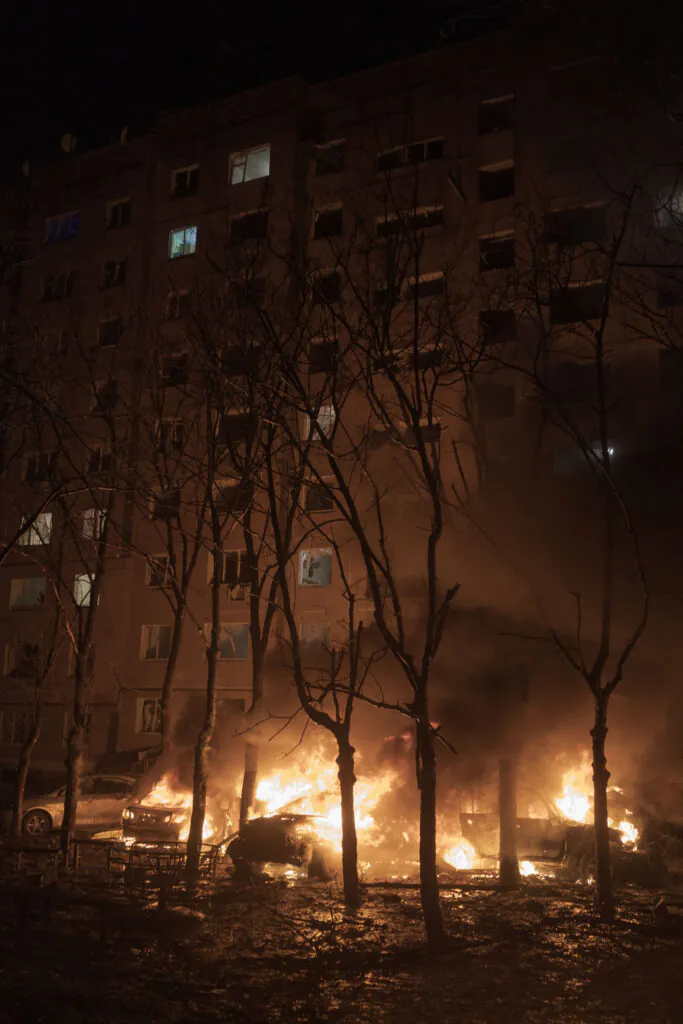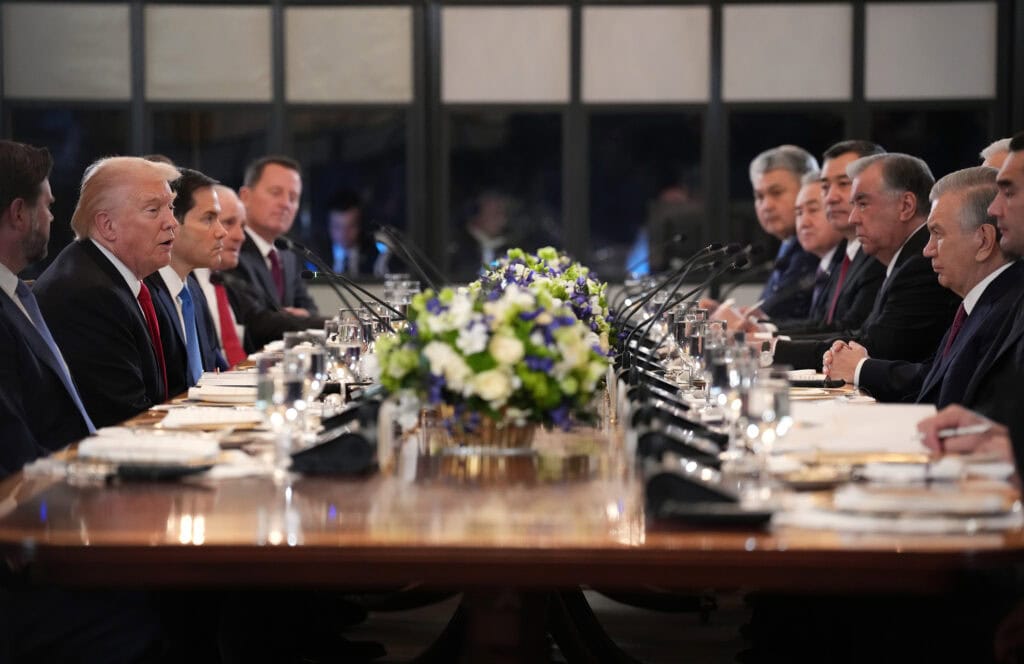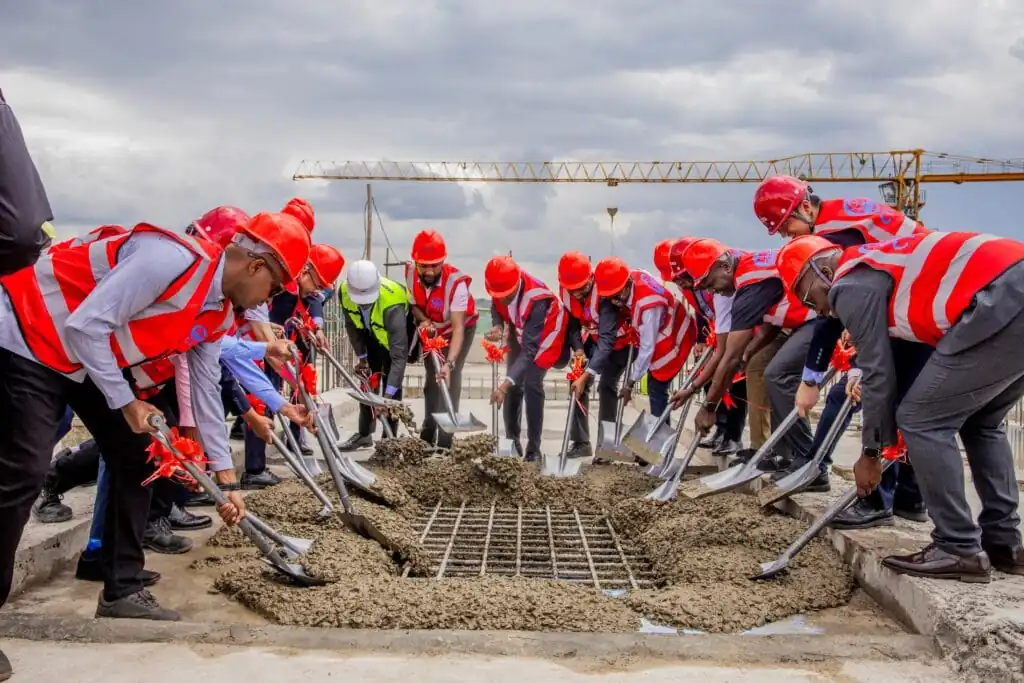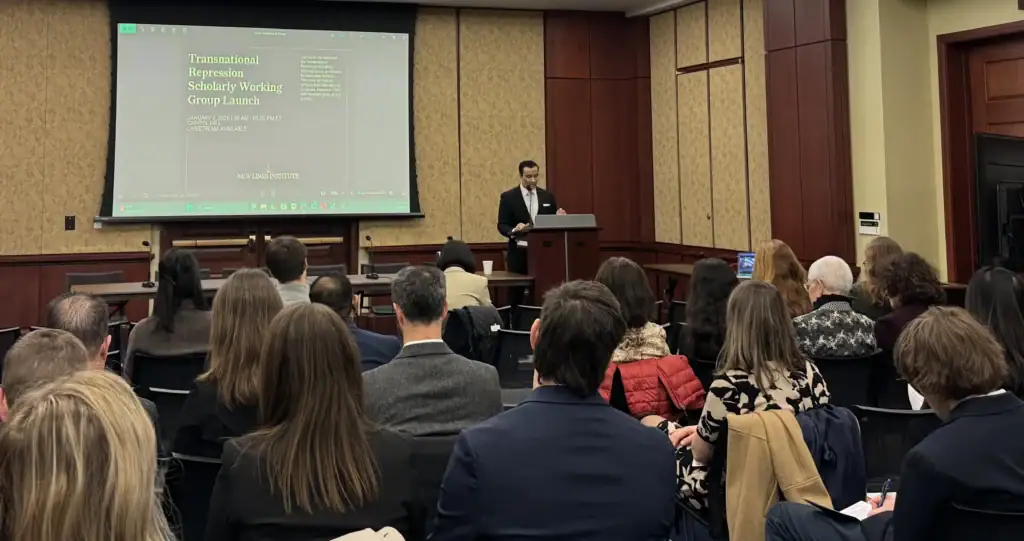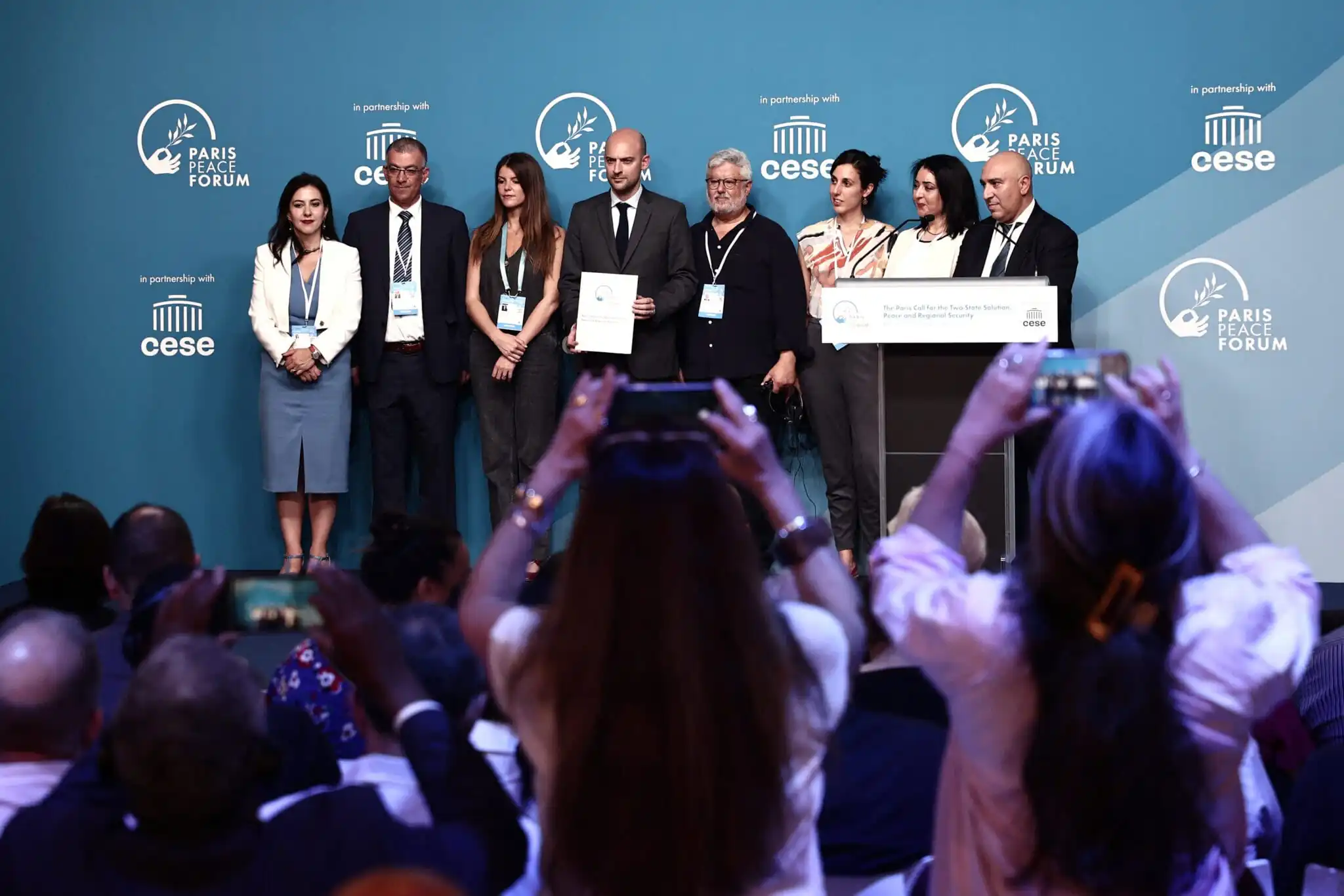
Optimism and Disappointment at a Peace Forum in Paris
I just got back from a civil society conference hosted by the Paris Peace Forum, and if you thought peace talks were just for politicians in suits, think again. This year, it was civil society – activists, educators, women, youth, and even a few skeptical journalists – who took center stage, trying to breathe life back into the two-state solution. The energy was raw and sometimes chaotic, but it was absolutely real.
Civil Society: Same Struggle, Different Stories
What hit me first was how Israelis and Palestinians from civil society are both refusing to give up, even as the world seems to be moving on. However, their approaches and dreams for a two-state solution are shaped by totally different realities.
On the Israeli side, peace activists are fighting an uphill battle against a government bent on expanding settlements and locking in annexation. For them, the two-state solution is about security and ending a cycle of violence that’s become a nightmare. But there’s a generational twist: Young Israelis are skeptical. Some think the two-state idea is a relic, while others want to reimagine it entirely. As one Israeli expert said, if you asked young people in Ramallah or East Jerusalem about two states, they’d look at you like you’re from another planet.
Palestinian civil society, meanwhile, is focused on basic dignity, freedom, and recognition. The war in Gaza has made survival the priority, but activists are adamant: Recognition of Palestinian statehood isn’t just a diplomatic checkbox – it’s about ending occupation and building a future. “We’re not just fighting for a flag or a seat at the U.N.,” a young Palestinian journalist told us. “We want to live, not just survive hour by hour.”
And here’s the thing: The two-state solution means different things to different people. Some want a strict split along 1967 borders with land swaps to keep most settlers in place; data shows that with a 4-5% land swap, 80% of settlers could stay near Israel, making two states technically possible. Others, especially in movements like Land for All, want something bolder: two states, but with open borders, shared institutions, and the recognition that Israelis and Palestinians are deeply intertwined economically, emotionally, and geographically.
Jerusalem is the flashpoint. Israeli experts warned that new settlements and high-rises are slicing up the city, threatening to make any future deal impossible. Palestinians see this as erasure. Both sides agree: If the world doesn’t act soon, the window for two states could slam shut for good.
France on the Brink—But Not Quite There
Now, about France. President Emmanuel Macron has been making headlines, and as we were his guests at the Élysée Palace, he didn’t mince words: France is determined to recognize the State of Palestine. He called this decision “absolute and sovereign” and insisted France will keep pushing for a two-state solution, whatever the circumstances. At the Forum, it felt like Macron was on the brink of making history.
But – and there’s always a “but” – Macron also laid out some tough conditions: a long-term ceasefire, the release of all hostages, a massive influx of humanitarian aid into Gaza, and the creation of a demilitarized Palestinian state with a civilian administration that excludes Hamas and recognizes Israel’s existence and security. He made it clear this should be part of a bigger international effort, with recognition coming step by step, in tandem with these political and security guarantees.
Then, just as the momentum was building, Israeli strikes on Iran derailed everything. The big U.N. conference in New York was postponed “indefinitely” for security reasons, and Macron had to hit pause. He insisted the process isn’t over, but the delay was a gut punch for many at the Forum.
What Did People Think?
Disappointment was thick. I heard it in the corridors and in the breakout groups: “We don’t need more statements. We need recognition now,” one Israeli activist said, echoing many others. Civil society leaders on both sides felt that France and Europe are running out of excuses. If they really believe in two states, it’s time to act, not just talk. Recognition, sanctions on settlement expansion, and real support for civil society are the steps everyone was demanding.
But there was also realism. Some participants understood Macron’s caution, especially given U.S. pressure and the chaos on the ground. Still, the consensus was clear: Civil society isn’t waiting for governments to save the day. They’re building bridges, demanding recognition, and insisting that young people – those who’ll actually live with the consequences – get a seat at the table.
The Bottom Line
Walking out of the Forum, I felt the weight of history and the stubborn optimism of people who refuse to give up. The two-state solution isn’t dead yet, but it’s on life support. If it survives, it’ll be because civil society kept fighting for it, long after the politicians hesitated.
As one young Palestinian speaker put it: “Don’t decide our future. Make it with us.” That’s the message from Paris, and I hope the world is listening.
The views expressed in this article are those of the author and not an official policy or position of New Lines Institute.

